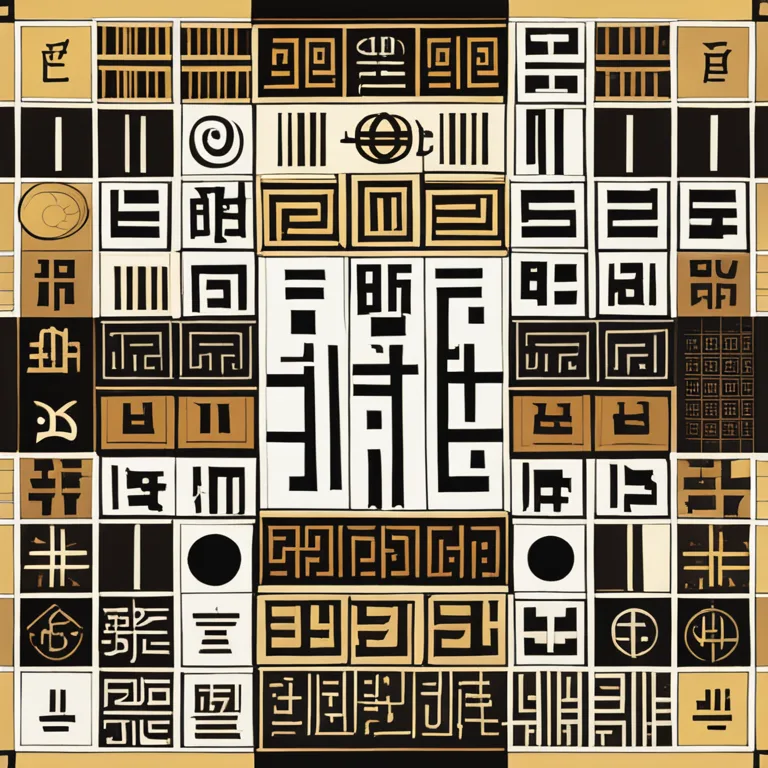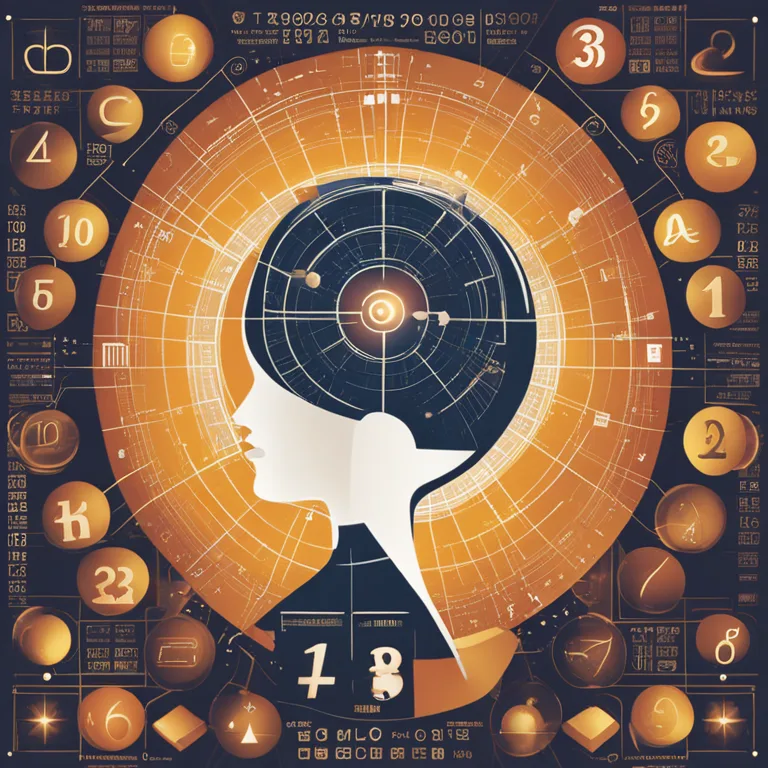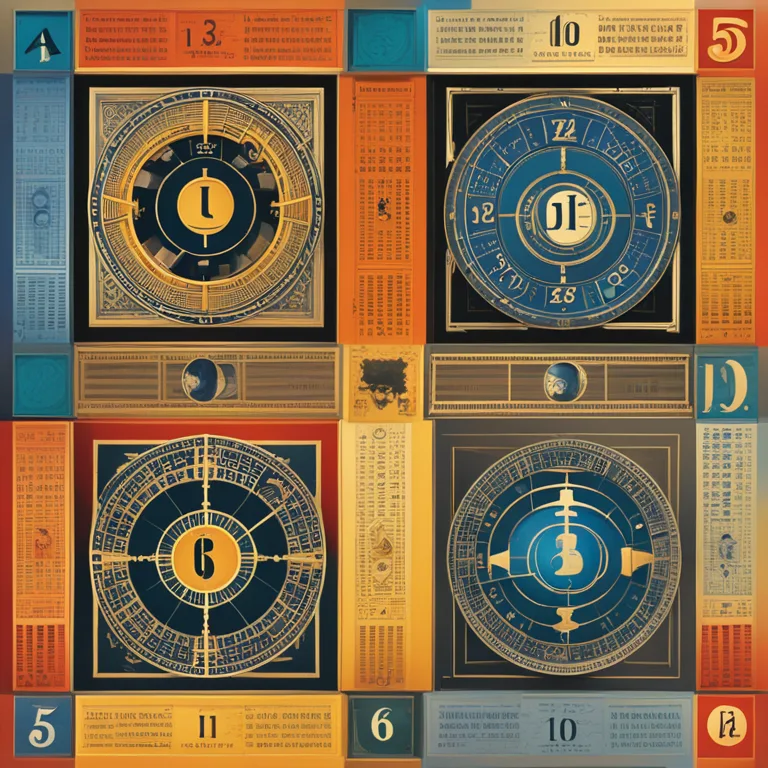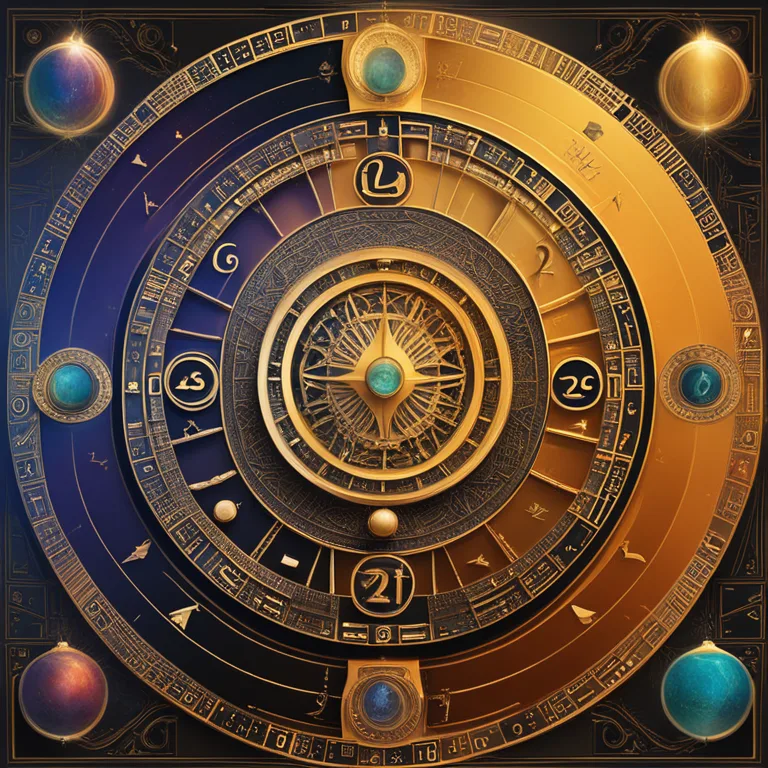
The Origins of Numerology Explored
The article recounts the historical origins of numerology and its development through various cultures.
article by Sofia Ferguson
The Beginnings of Numerology
Contrary to popular belief, numerology doesn't have a single founder but rather has emerged from various ancient cultures independently. The earliest records of numerology are found in ancient civilizations, such as Egypt and Babylon, where numbers held a significant mystical and spiritual significance. It’s believed that Pythagoras, a Greek mathematician and philosopher, is a key figure in developing the system known as Pythagorean numerology, which aligns numbers with certain vibrational properties. However, to pin the inception of numerology on one individual or culture would undermine its truly multifaceted history, which spans across continents and eras.

Numerology in Ancient Cultures
In China, the I Ching or ‘Book of Changes’ also incorporated a form of numerology, emphasizing the importance of numbers in understanding the world and our place within it. Ancient Indian scriptures like the Vedas elucidate the resonance and power of numbers. Similarly, the Jewish mystical practice known as Kabbalah uses Gematria, a system that assigns numerical values to Hebrew letters, to find hidden meanings in words. Each of these ancient systems contributes to the diverse understanding of numbers that has laid the foundation for modern numerology.

The Development of Modern Numerology
Progressing into recent history, numerology became more standardized. During the early 20th century, figures like L. Dow Balliett and Dr. Julia Seton furthered its popularity in the Western world by publishing books that melded ancient numerical concepts with modern psychology. Balliett, in particular, is often credited with beginning the modern phase of numerology by refining and promoting its methods. These numerologists expanded on Pythagorean theories and retuned them, giving birth to the contemporary systems used in character analysis and forecasting seen in current practice.

Numerology's Integration in Society
Today, numerology is integrated into various facets of society and culture, with individuals and businesses often consulting numerologists for guidance regarding important decisions. Its reach has expanded with digital advancements, showcasing apps, online readings, and software programs aimed at bringing the ancient practice to modern users. People from all walks of life indulge in numerological consultations, demonstrating the timeless allure of numerological insights into one's life path, destiny, and personal growth.

The Evolution Continues
As we navigate further into the 21st century, new age movements and the internet have facilitated a greater awareness and accessibility of numerology, merging traditional practices with evolving interpretations. Numerologists are continuously seeking to expand and adapt their knowledge to suit contemporary needs, ensuring that numerology remains a relevant and insightful tool for personal discovery. The narrative of numerology is ongoing, with each generation contributing to its evolution and application.
Published: 12/21/2023
Modified: 12/21/2023
More predictions
Come back here soon to learn more about yourself and your future


Numerology: A Historical Insight
The article delves into the historical inception of numerology, tracing the roots and evolution of this ancient practice.


The Vibrant Year of Numerology 3
Discover the effervescent energy of the Year 3 in numerology, and how it can influence your creative and social endeavors.


Birth Time Numerology Insights
Delve into the significance of birth time in numerology to reveal life's facets and potential paths.